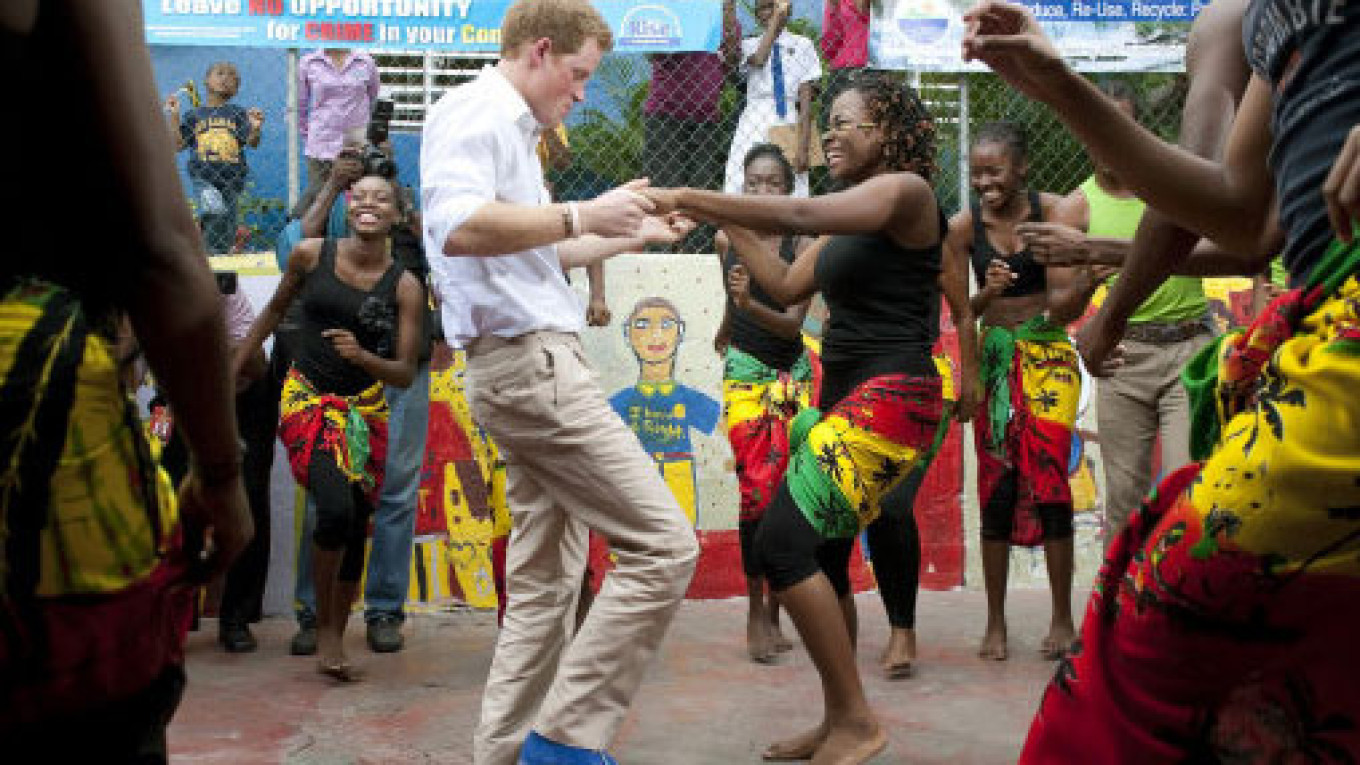London exile Boris Berezovsky announced Sunday that under his new Resurrection Movement political party, he would instate a constitutional monarchy in Russia and named Britain's Prince Harry as a candidate for king.
The business tycoon published a manifesto for his Christian-democratic party on his LiveJournal blog Sunday, the day Orthodox believers celebrated Easter.
"Returning the monarchy to the throne will reinstate an interrupted chain of time and become a symbol of the rebirth of Russia," he said. "Prince Harry — the younger son of Prince Charles and Princess Diana — is one of the bright symbols of the modern civilized world and a possible candidate. He has more Russian blood than the last Russian Emperor Nicholas II." Berezovsky noted that Harry's great grandmother was a Romanov.
The party will be founded on the "Christian" ideals of love and freedom, which Berezovsky says he believes will bring Russia salvation.
Berezovsky's other proposals include transforming Russia into a confederation; liberalizing the Orthodox church; installing a British-style legal system; and allowing anyone who can pass an exam that demonstrates their fluency in Russian and knowledge of Russian culture to become a Russian citizen.
But he told the BBC that he does not plan to register the party while President-elect Vladimir Putin is in power, since Berezovsky does not believe that Putin's reelection was legitimate.
"Putin...put himself there outside the law — he does not have any right to a third term," he said.
Prince Henry of Wales, known commonly as Prince Harry, is an officer in the British army and a controversial figure in Britain. He is the frequent subject of British tabloid reports, which have included a photograph of him wearing a Nazi uniform at a party and and a video of him making a racial slur about a fellow officer.
A Message from The Moscow Times:
Dear readers,
We are facing unprecedented challenges. Russia's Prosecutor General's Office has designated The Moscow Times as an "undesirable" organization, criminalizing our work and putting our staff at risk of prosecution. This follows our earlier unjust labeling as a "foreign agent."
These actions are direct attempts to silence independent journalism in Russia. The authorities claim our work "discredits the decisions of the Russian leadership." We see things differently: we strive to provide accurate, unbiased reporting on Russia.
We, the journalists of The Moscow Times, refuse to be silenced. But to continue our work, we need your help.
Your support, no matter how small, makes a world of difference. If you can, please support us monthly starting from just $2. It's quick to set up, and every contribution makes a significant impact.
By supporting The Moscow Times, you're defending open, independent journalism in the face of repression. Thank you for standing with us.
Remind me later.


